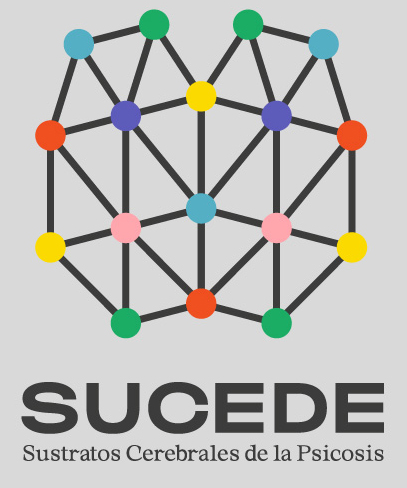Paper: Interaction Testing and Polygenic Risk Scoring to Estimate the Association of Common Genetic Variants With Treatment Resistance in Schizophrenia (JAMA Psychiatry; Pardiñas et al., 2022)
This paper by Pardiñas et al. attempts to find possible polymorphisms with which to estimate whether a patient diagnosed with schizophrenia may present treatment resistance (TRS, treatment resistant schizophrenia), defining this entity in the study as a schizophrenic patient prescribed clozapine after previously trying the use of two other antipsychotics.
For this purpose, two cohorts are used, one of controls and patients diagnosed with TRS, and the other of controls and schizophrenic patients without TRS. Two GWASs (genome-wide association study) will be carried out on these samples for later comparison. In turn, they will calculate a PRS (polygenic risk score) for each cohort, which they will validate by comparing results with two other independent samples. Finally, they study several traits, such as intelligence, academic failure or cognitive score, to look for a possible genetic correlation.
In their results they do not find any polymorphism that characterises TRS patients, but they do observe a different polygenic interaction between TRS and non-TRS patients, but of a very weak nature. When analysing traits, they do observe a genetic correlation between TRS patients with lower cognitive scores and poorer academic achievement. Finally, they conclude that the results do not yet demonstrate sufficient causality to characterise TRS patients.



